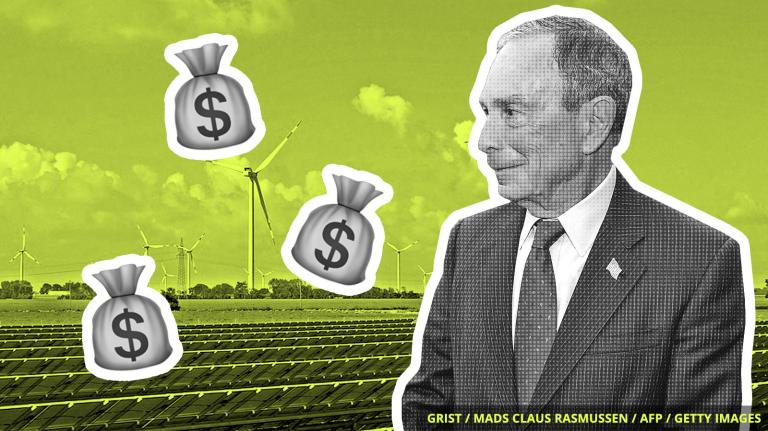It’s Tuesday, June 11, and New Jersey has a plan to clean up its grid.
![]()
New Jersey released a draft of an ambitious energy plan that provides a “comprehensive roadmap” to switch the state’s electricity production to 100 percent clean energy by 2050.
The 108-page draft, called the Energy Master Plan, defines “clean energy” as “carbon neutral,” which means eliminating carbon emissions. It outlines strategies for expanding electric vehicle adoption and offshore wind and solar installation, especially in underserved areas such as low-income communities.
The plan also promises economic benefits such as more jobs and training programs in the state’s clean energy industry. “[These] strategies will foster economic growth by creating thousands of jobs in New Jersey’s energy, building, and transportation sectors,” Governor Phil Murphy said in a statement.
He also says that the master plan is a “critical step forward in reducing the effects of climate change and securing our state’s clean energy future for the benefit of all New Jerseyans and for generations to come.”

The Smog
Sorry to rain on your parade, but the U.S. just notched up its 12 wettest months in the National Oceanic and Atmospheric Administration’s 125 years of record-keeping. The news comes as the Southeast faces severe flooding from heavy rainfall. In North Carolina, the flood emergency turned deadly over the weekend with three people killed.
![]()
Sure, some Republicans have flirted with the idea of carbon pricing. But not these 75 conservative organizations, which sent a letter to Congress on Monday to express their united opposition to any carbon tax. The groups, including Americans for Tax Reform and Americans for Prosperity, primarily cited concerns about higher gas prices and home heating costs. They didn’t say anything about the rising costs of climate inaction.
![]()
A new study warns that climate change is poised to increase the spread of dengue fever, a mosquito-borne disease which currently kills around 10,000 people per year and sickens nearly 100 million. Researchers predict that if greenhouse gases continue unmitigated, 60 percent of the world’s population will be at risk of contracting the illness.


